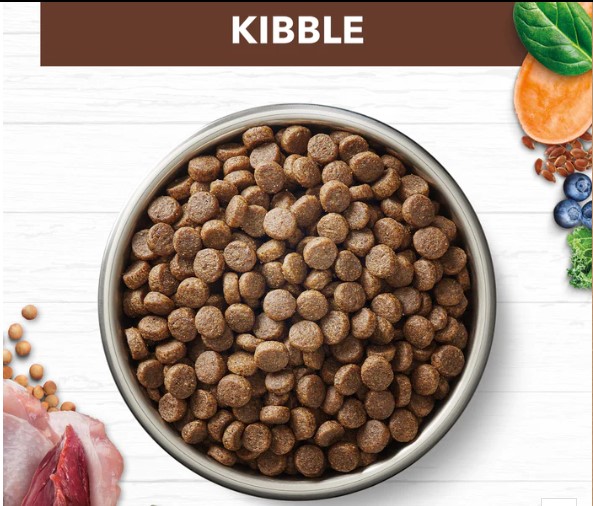Cats are known for their discerning tastes and independent nature, and when it comes to their nutrition, it's crucial to provide a diet that meets their unique dietary requirements. This article delves into the intricacies of selecting the ideal cat food to keep your feline companion healthy, happy, and purring with satisfaction.
Understanding Your Cat's Nutritional Needs:
Cats are obligate carnivores, which means their diet must primarily consist of meat. Key nutrients essential for their well-being include protein, fat, vitamins, and minerals. Additionally, cats require certain amino acids, such as taurine, which are abundant in animal tissues. A well-balanced cat food should cater to these specific nutritional needs.
Types of Cat Food:
Dry Cat Food (Kibble):
- Convenient and cost-effective.
- Aids in dental health by reducing plaque and tartar.
- Available in formulations tailored to different life stages.
Canned Cat Food:
- Higher moisture content, promoting hydration.
- Palatable option for cats with dental issues or picky eaters.
- Varieties designed for various dietary preferences, such as grain-free or limited ingredient.
Raw Cat Food:
- Mimics a cat's natural diet, rich in raw meat and organ meats.
- Requires careful handling to prevent bacterial contamination.
- Consultation with a veterinarian is essential for a balanced raw diet.
Homemade Cat Food:
- Provides control over ingredients and quality.
- Requires careful planning to meet nutritional requirements.
- Veterinary consultation is crucial to ensure a well-balanced homemade diet.
Choosing the Right Ingredients:
High-Quality Protein:
- Look for animal protein sources like chicken, turkey, or fish.
- Protein content should be a significant portion of the overall composition.
Healthy Fats:
- Essential for a shiny coat and overall well-being.
- Sources like chicken fat, fish oil, and flaxseed contribute to a balanced fat profile.
Limited Carbohydrates:
- Cats are not natural carbohydrate consumers.
- Opt for cat foods with minimal grain fillers and high-quality, digestible carbohydrates.
Taurine:
- An essential amino acid for cats, critical for heart and eye health.
- Ensure the cat food is fortified with taurine.
Avoiding Harmful Additives:
Artificial Additives:
- Opt for foods with natural preservatives like vitamin E or vitamin C.
- Minimize the intake of artificial colors, flavors, and preservatives.
Fillers and By-products:
- Choose cat foods without excessive fillers like corn, wheat, and soy.
- Minimize by-products and select foods with named meat sources.
Consulting with Your Veterinarian:
Before making any significant changes to your cat's diet, consult with your veterinarian. They can provide insights based on your cat's specific needs, ensuring that the chosen food aligns with their health requirements and addresses any specific health concerns.
Conclusion:
Choosing the right cat food is an essential aspect of responsible cat ownership. By understanding your cat's unique nutritional needs, selecting appropriate ingredients, and avoiding harmful additives, you can ensure your feline friend enjoys a healthy, happy, and content life. A well-fed cat is not only a joy to have around but also likely to lead a long and vibrant life.


